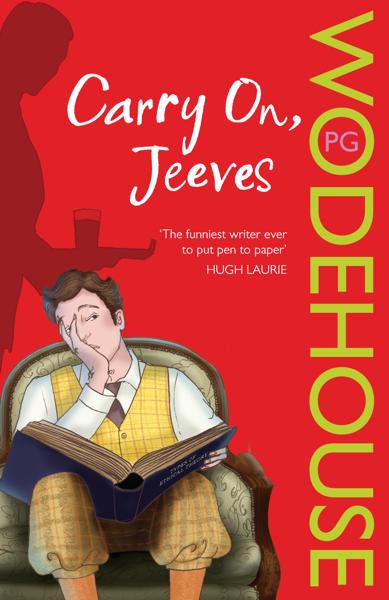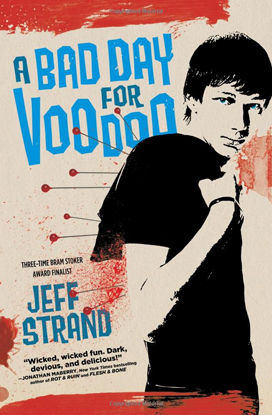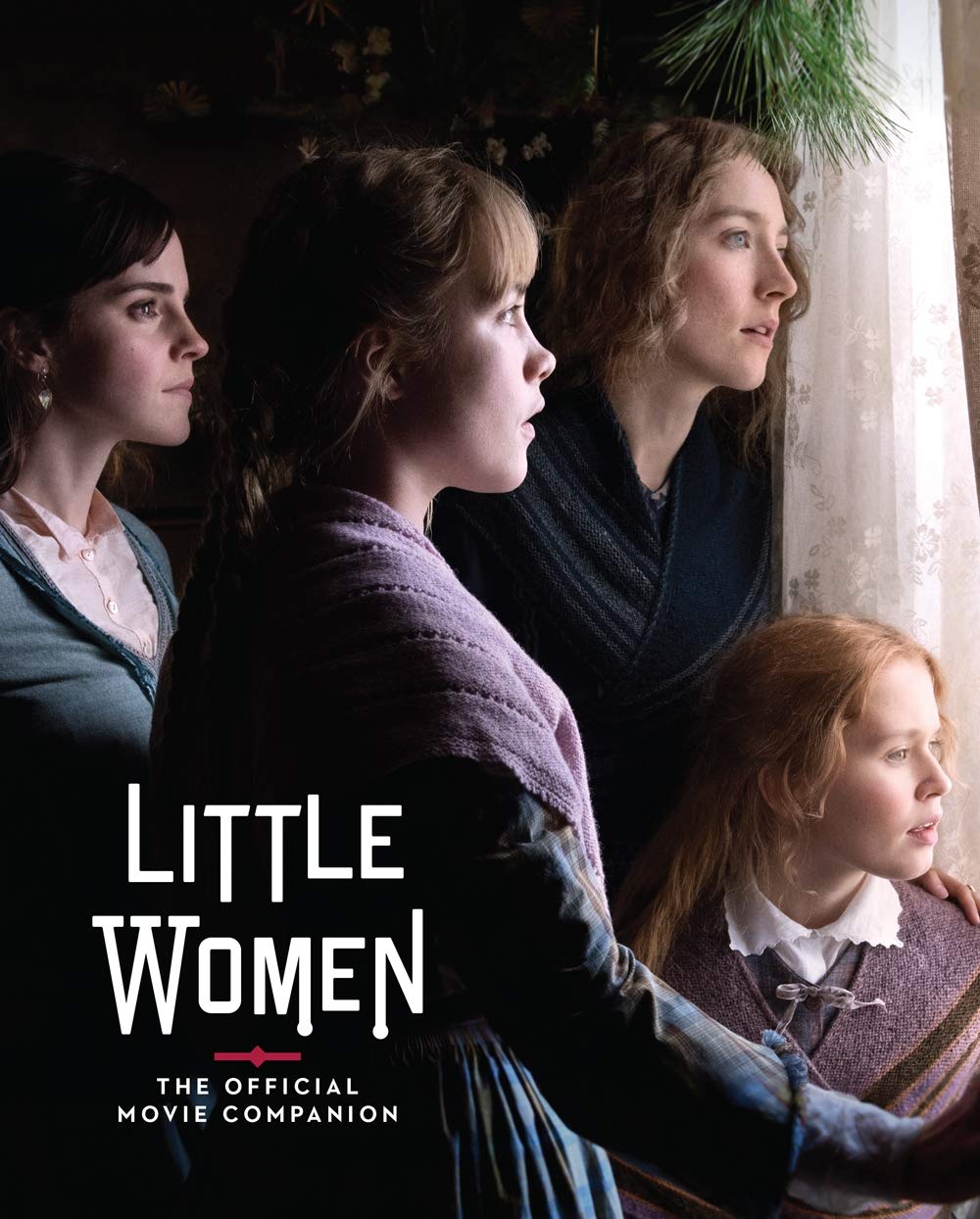[button color=”black” size=”big” link=”http://affiliates.abebooks.com/c/99844/77798/2029?u=http%3A%2F%2Fwww.abebooks.com%2Fservlet%2FSearchResults%3Fisbn%3D9781585673926″ target=”blank” ]Purchase here[/button]
This collection of humorous stories, published in 1925, is very similar to My Man Jeeves (1919)—so similar, in fact, that several stories from that earlier book appear, in a somewhat revised form, in this later one. In this case, all ten of the stories feature English playboy Bertie Wooster and his resourceful manservant Jeeves. (You may recall that half of My Man Jeeves was devoted to a different series of stories.) One of them, “Jeeves Takes Charge,” tells the tale of how Jeeves and Wooster got together. Another installment is told from Jeeves’s point of view, a striking departure from Bertie’s usual narrative, revealing even more clearly which of the two is really in control of the relationship. Together they get mixed up in a series of comical capers of the kind that only over-educated, idle-rich chumps could get into during the early decades of the last century.
Many of these stories show Bertie ineffectually trying to assert some independent judgment regarding hats, ties, whiskers, and the like—only to be cowed into submitting to Jeeves’s opinion. But the fellow is worth the trouble, since it is Jeeves’s clever schemes that get Bertie out of many a scrape. Jeeves and his gentleman come to the rescue of couples whose marital hopes are in jeopardy, chums whose spendy lifestyle depends on the fickle favor of rich aunts or uncles, and Bertie’s own bachelorhood (which Jeeves would go to amazing lengths to preserve). To accomplish their humanitarian aims, they indulge in minor thefts, impersonations, and swindles, such as publishing a ghost-written book to help a would-be bride curry favor with the uncle of her intended. And as each plot throws off unexpected side-effects, they meet the setback with deft footwork, outrageous lying, and an all-redeeming sense of the absurd.
The names of Bertie’s cronies are a laugh parade in themselves. In this book, young Mr. Wooster comes to the aid of men named Motty, Bicky, Corky, Rocky, Bitty, Sippy, Freddy, and Bingo, among others. With these fine specimens of British and American gentry, Bertie gets into such sticky situations, and expresses himself in such silly ways, that I laughed until I cried—often—and even until I squeaked—once or twice. My wholehearted endorsement of the late Jonathan Cecil‘s audio-book reading is qualified only by the fact that the blurry vision resulting from my tears of laughter made driving conditions dangerous while I was on the highway.
Other books in the “Jeeves canon” include the novels and short-story collections The Inimitable Jeeves (1923); Very Good, Jeeves (1930); Thank You, Jeeves and Right Ho, Jeeves (both 1934); The Code of the Woosters (1938); Joy in the Morning (1946); The Mating Season (1949); Ring for Jeeves (1953); Jeeves and the Feudal Spirit (1954); Jeeves in the Offing (1960); Stiff Upper Lip, Jeeves (1963); Much Obliged, Jeeves (1971); and Aunts Aren’t Gentlemen (1974). All that is besides a stage play, a few individual Jeeves stories included in other collections, and an omnibus volume of the short stories titled The World of Jeeves (1967). Plus, just to add to the confusion, many of the above books were released in the US under different titles. Never you mind. I intend to read all of them. I rely on the good all the laughter will do me. And I don’t even mind if I hear some of the same stories a second time.





